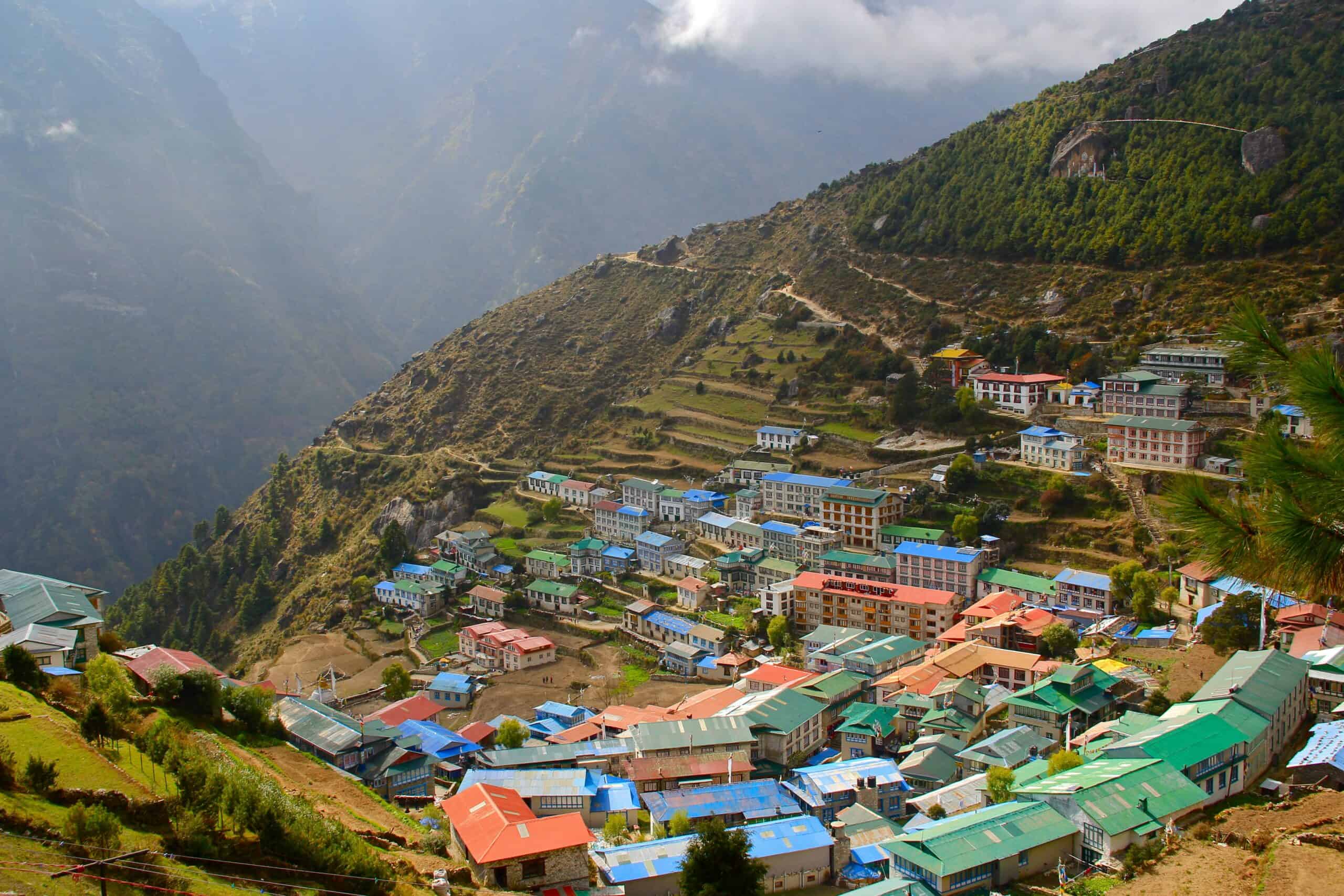According to the ApplyBoard report, over 8,500 students from Nepal were issued a UK study visa in 2023, an increase of 83% from the previous year.
Moreover, 2,200 Nepalese students were issued a study visa in Q1 2024, highlighting a growth of 27% over Q1 2023, contrary to the visa trends in other countries.
“Over this same time frame, the number of student visas issued to all international students in the UK dropped by 22%. In short, Nepalese students remain highly interested in an education in the UK post-policy changes,” read the .
The report further highlighted that Nepal has a lower ratio of dependents to main applicants, compared to India and Nigeria, which is why visa curbs have had little to no impact on the country.
Meanwhile, Nepalese students choosing to study in the US and Canada rose, with 9,200 and 16,000 students being issued visas in 2023, respectively.
Despite far more students opting to study in the North American countries, the UK has seen a higher year-on-year growth.
Consultants in Nepal believe the rise can be attributed to the academic requirements in the UK.
“A student gets to study a standardised undergraduate honours degree, completing it in just three years ultimately saving time and money,” said Garriema Bista, an education consultant based in Kathmandu.
“While the majority of the Master’s degree in an English-speaking nation takes two years, in the case of the UK, it can be completed in just one year and the student will not have to worry about their second year of study or how they will be able to manage funds.”
According to Bista, flexible entry requirements, acceptability of gap years, waiver on English language tests for certain students, and fewer issues with documentation make the UK attractive among students.
However, not everyone is entirely convinced of what the UK has to offer.
Sandesh Pokhrel, who is looking to pursue a masters in data analytics, told Сư�洫ý that reduced working hours and lack of scholarships are the biggest obstacles for him in choosing the UK.
“Due to inflation, the working hours should be increased to at least 30 hours per week and it would be nice to have more scholarship options in the UK,” said Pokhrel, who recently completed his BSC in computing.
“One of my seniors, who is currently in the UK, also told me about the difficulty in finding jobs in the country.”
Though some UK universities are witnessing increased interest among students in Nepal, some are still trying to navigate the market in light of the economic downturn in recent years.
“We have seen a growth of 5% in international students coming from Nepal from the previous year,” Jaspreet Kaur, principal advisor, South Asia – UKIBC (supporting ) told Сư�洫ý.
“We are still trying to figure out Nepal’s market and the rise in interest in the UK. In the last couple of years, Nepal faced an economic crisis with accessing education loans becoming an issue for many students.”
According to Kaur, such a scenario impacted Nepalese students who went for foundation courses at Queen Mary as many universities in Nepal lack the necessary qualifications.
“Students in Nepal were introduced to some of our scholarships in association with the British Council but we have to now assess how many of them were able to access that,” added Kaur.
“We are seeing more applications in science and medicine from Nepal. Our public health courses are also popular among the students. The recent rise in students could also be because of the Graduate Route in the UK and what it has to offer.”
Ranking 98th in the world, Nepal has one of the weakest passports in the world with visa application being a cumbersome process for many in the country, especially students.
“The visa application process is another challenge. It’s often complex and time-consuming. Many students find it difficult to navigate the visa requirements and provide the necessary documentation, which can delay or even prevent their plans to study abroad,” said Disha Gupta, head of operations and recruitment- India, UAE, Nepal & Sri Lanka, Birmingham City University.
“There’s often a gap in awareness and information about UK universities. Students may not have access to reliable information about the benefits of studying in the UK or the specific opportunities available here.”
To streamline the university application process, Birmingham City has started waiving English language requirements for students who have studied under the Nepal Education board or other such bodies, according to Gupta.
Student mobility from Nepal has remained some of the highest in the world, with the percentage of tertiary students abroad sitting at 19%, as per the latest data.
The number dwarfs the outbound student mobility ratio from India and China, which stand at 1.3% and 1.9% respectively.
With more students from Nepal aiming for greener pastures abroad, their priorities have also changed over the years.
“These days students seem to have been more actively engaged to choose courses and institutions that best satisfy their expectations and means. They are focused on what career prospects can be pursued with the value they pay,” said BK Shrestha, CEO, .
“Most students want to take advantage of financial support systems like scholarships, grants, assistantships, loans, etc. Just to simplify, we will be dealing with students who are aware of global dynamics in education, career, and opportunities.”
“Nepalese students are increasingly considering alternative destinations like Germany, New Zealand, the Netherlands and Japan due to affordable education, diverse programs, post-study work options, and favourable visa policies,” said Suchit Phuyal, CEO at Kathmandu-based .
According to Bista, programs such as astrobiology, artificial intelligence, computer architecture, and game designing are now sought-after programs among Nepalese students.
Nearly 45,000 Nepalese students were issued a post-secondary student visa to a “big four” English destination in 2023. This represented growth of 15% over the previous year, and an increase of 121% from 2018, the report added.



